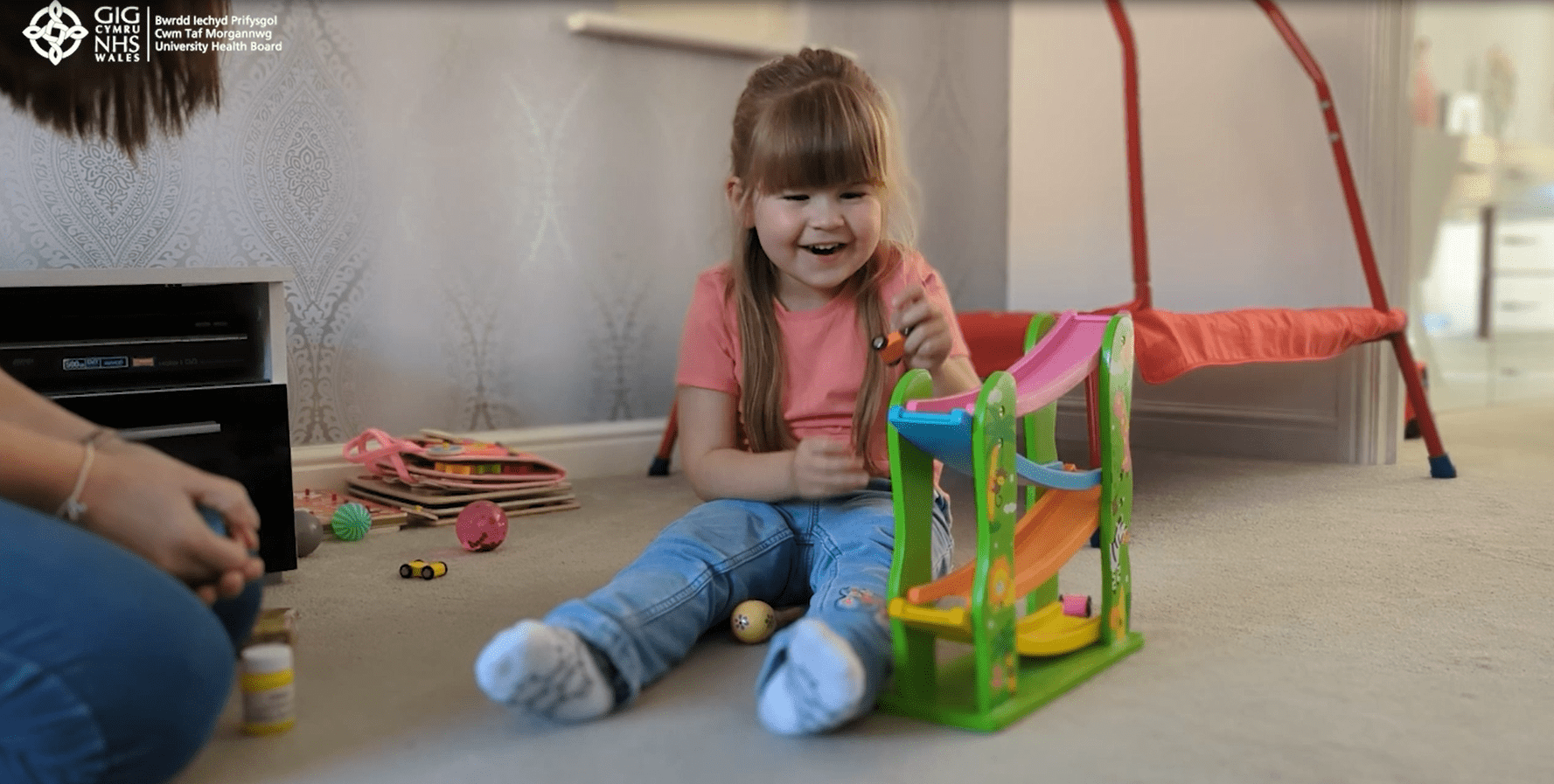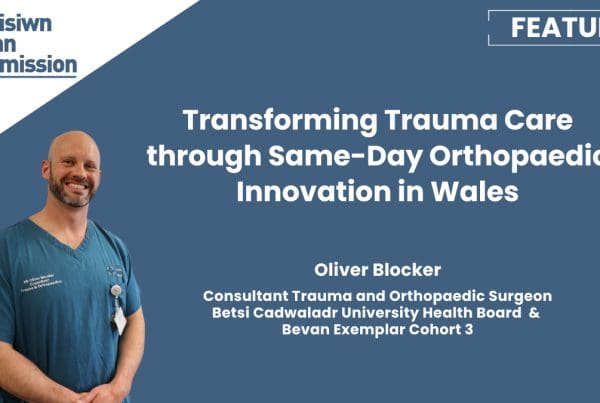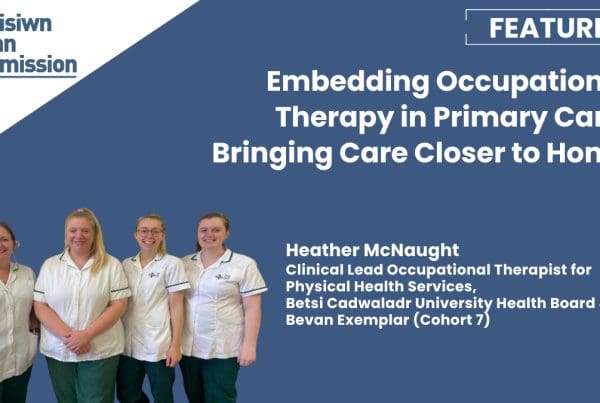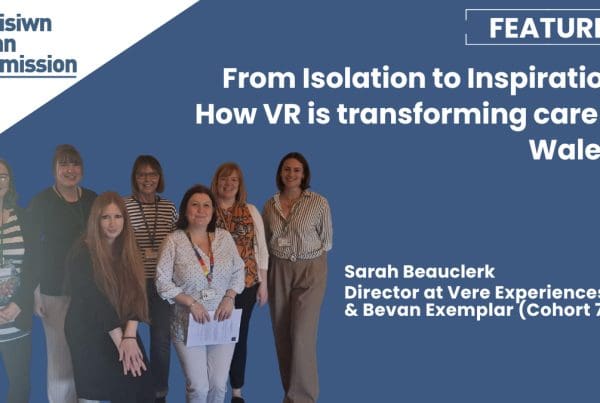Transforming health and care sometimes begins by asking whether the current system truly meets people’s needs. For Natasha Bold, Highly Specialist Speech and Language Therapist at Cwm Taf Morgannwg University Health Board (CTMUHB), the answer to that question led to a complete rethink of how to support children with social communication differences.
The project, Building Blocks for Communication, developed through the Bevan Commission’s Planned Care Innovation Programme, introduced a new pathway focused on empowering families, adapting environments, and strengthening early years support.
Rethinking the Pathway
Speech and language therapy is often one of the first services children are referred to when concerns about social communication difficulties or early signs of Autism arise. However, a significant proportion of referrals were for children at a pre-intentional stage of development—before they were able to communicate purposefully. For these children, direct therapy was unlikely to deliver the outcomes families hoped for.
Natasha and her team set out to design an alternative approach. Building Blocks for Communication replaced early one-to-one therapy with parent workshops, where families could learn practical strategies, share experiences, and build confidence. Alongside this, early years practitioners received training to create supportive environments and embed consistent strategies in everyday settings.
This shift in focus—from providing therapy to the child, to equipping the people around them—ensured children were supported holistically, while managing demand on overstretched services.
Impact for Families, Staff and Services
The outcomes of the project have been significant:
- Families empowered – Parents consistently reported greater understanding of their child’s needs, reduced stress, and increased confidence in supporting communication. Many valued the peer support that group sessions provided.
- Better prepared referrals – Families arriving for later therapy stages came with clearer expectations and stronger foundations for direct work, enabling more effective interventions.
- Service efficiencies – Caseloads reduced as families were supported earlier and more appropriately. Time savings allowed staff to focus on children most likely to benefit from direct therapy.
- Skilled workforce – Early years practitioners reported increased confidence and knowledge, extending the benefits beyond individual families to wider community settings.
The model has been recognised by colleagues across CTMUHB as one of the service’s most impactful initiatives, with staff noting improved outcomes and renewed professional satisfaction.
Wider Adoption and Influence
The success of Building Blocks for Communication has extended beyond its initial pilot; it is delivered as part of the core service. Flying Start services across CTMUHB have adopted and adapted the model, offering support even earlier in children’s journeys. Families now benefit from more consistent, joined-up provision, reducing pressure on core services.
At a national level, Natasha was invited to co-chair the All-Wales Social Communication Pathway Group, where the project has informed wider strategic work. The approach has also attracted interest from other health boards and even colleagues in England, reflecting its potential to be scaled and spread more widely.
The Bevan Exemplar Experience
Natasha credits the Programme with providing the platform and momentum to drive her project forward. The structured support, mentoring, and peer network not only helped shape the project, but also gave her the confidence to share it more broadly.
“It was like you were part of a family. You were all in it together. You wanted everyone to do well, and were excited for them. Even when it was a bit stressful, you had a cohort of people that were experiencing similar things that were difficult. The Programme kept me on track, opened doors across Wales, and gave me the confidence to share what we were doing,” she explains. “It also sparked a lasting interest in quality improvement and leadership, which I’ve continued to develop in my career.”
Looking Ahead
The next step for Building Blocks is embedding it further upstream, ensuring families can access support as early as possible. Strengthening collaboration with Flying Start services is a key focus, alongside influencing the development of national pathways that recognise and support children with social communication differences more effectively.
Natasha’s long-term ambition is for this approach to become part of standard practice across Wales, so that every child is supported in a way that reflects their individual communication needs.
Conclusion
The Building Blocks for Communication project demonstrates how innovation can transform services by focusing on prevention, empowerment, and partnership. By shifting the model of care towards families and practitioners, Natasha Bold and her team have created a pathway that not only improves outcomes for children but also builds resilience in services.
It is a clear example of the Bevan Innovator ethos in action: tackling persistent challenges with new thinking, and shaping a health and care system that is both person-centred and sustainable.
Further information on the project, including resources can be found here: Building Blocks for Communication Course – Cwm Taf Morgannwg University Health Board

